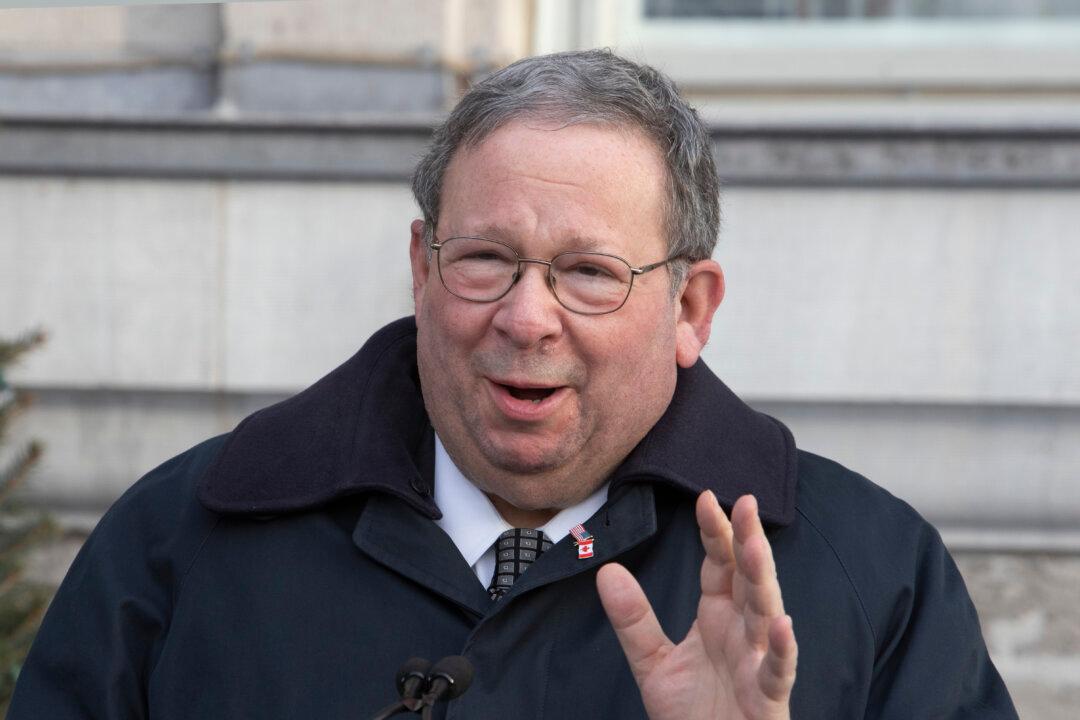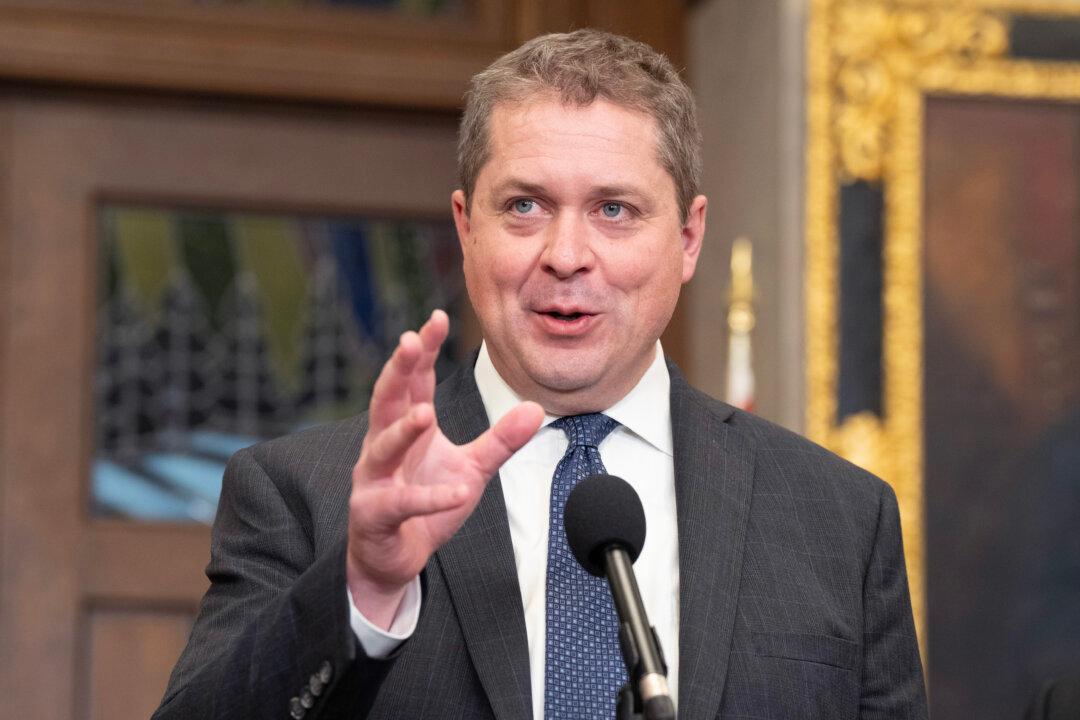Intelligence shared with Canada by the Five Eyes partners informed Prime Minister Justin Trudeaus’ recent allegations about a possible link between the Indian government and the murder of a Canadian citizen, according to U.S. Ambassador to Canada David Cohen.
“There was shared intelligence among Five Eyes partners that helped lead Canada to making the statements that the prime minister made,” Mr. Cohen told CTV News in an interview on Sept. 22.





